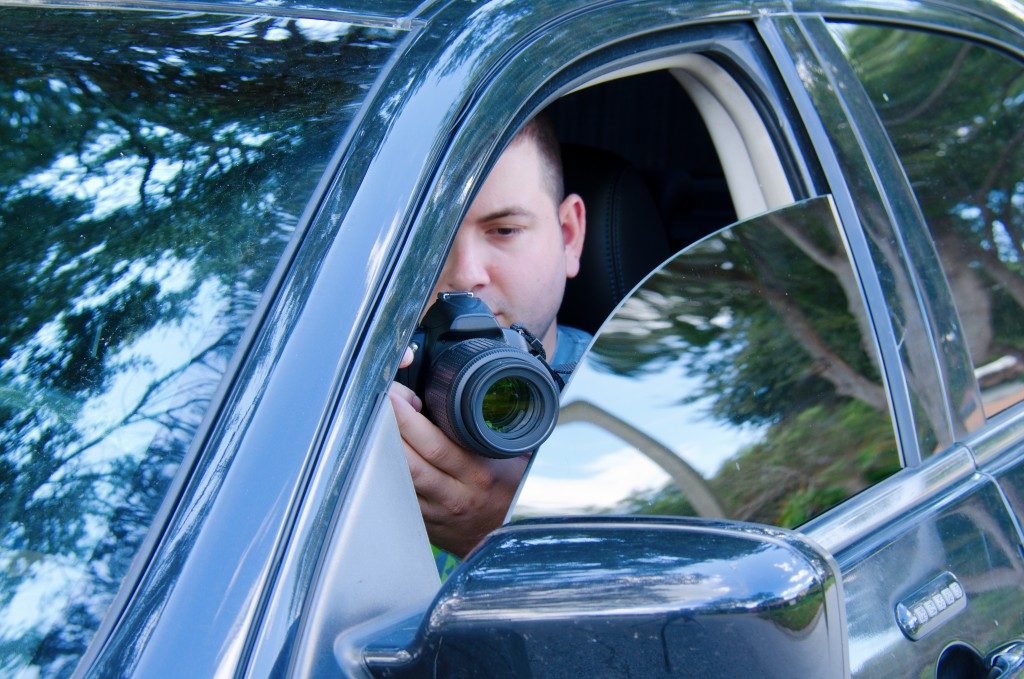There has been an unlimited amount of resources for people who are battling depression and anxiety due to the unprecedented events of 2020, and rightly so, for these are valid and understandable responses to what has become an incredibly hard year across the board. But some people have been triggered in different ways, namely: Detachment and numbness. These are COVID-19 effects that not many people talk about, and not many can pinpoint or name.
Simply put, emotional detachment or numbing is the emotional and mental process of shutting out feelings and is the loss of emotional responses or reactivity. It can also be marked by a lack of interest in activities that, in the past, gave one so much pleasure and enjoyment and feelings of detachment from everyone and everything.
We all respond to grief and trauma differently, which is why our tools should also be distinct. While there are fool-proof ways to care for our mental health no matter our symptoms—like seeing a therapist or a counselor, who would then be able to develop a specific treatment plan—there are multiple ways to cope healthily, depending on your needs. Here are some pointers for people who have been feeling numb, detached, and empty about the prospect of living and how to find joy and excitement again.
Do some grounding exercises.
A grounding exercise is any activity that helps pull you back to reality. When you find yourself getting lost in nothingness or feeling empty, immerse yourself in anything that can awaken your sense of sight, hearing, smell, taste, and touch, and pull you back to the present. Here are some ideas:
- Placing your hands in water
- Touching items around you and feeling their texture
- Breathing deeply
- Engaging in aromatherapy by lighting a candle or an oil diffuser
- Taking a short walk, enjoying the sights and sounds of nature, and breathing in fresh air
- Stretching your body
Engage in hobbies and pastimes that make you feel alive.
Multiple studies have shown the positive effect of hobbies on one’s mental health and well-being. One of the effects of emotional detachment is losing interest and excitement over leisure activities that a person once loved and enjoyed. The way to combat this is to find hobbies and pastimes to give you a sense of enjoyment. The following are examples of activities that can help you find joy again:
- Photography can help you see everyday things in a new light, like how your living room looks when the sun sets or how your formerly crowded neighborhood looks during a pandemic. Film photography can be a great way to start.
- Hobbies that give you a sense of fulfillment; projects that require you to use your hands like knitting, cooking, painting, sketching, and others. Etsy has various stores that specialize in DIY projects, so scour their website for new ideas or activities you can try.
- Learning to repair things around the house, and even your vehicles, through hobby welding. Companies like Alphaweld Supply Group provide tools and equipment that are user-friendly and safe.
Build a support system.
One of the best ways to wake yourself up out of a funk is by building a support system made up of people who love you, can check on you, and keep you accountable. They can help invite you to social gatherings, make you laugh, and remind you of the good times and everything in life that you can still look forward to.
Keep a list of people you can call whenever you feel like you’re about to check out emotionally and mentally. Set expectations by telling them you might not always be able to express how you feel exactly, but you can set a code word that will tell them you’re not having a good day without you having to explain it. Express to them exactly what you need whenever you call so that they can help you in practical ways when you need it.
Don’t shy away from hard emotions.
For many, emotional numbing is a coping or defense mechanism because our brains protect us from feeling difficult emotions. You can battle this by actively engaging your mind by writing down your thoughts, feelings, and questions. You can check in with your body, as well: How is your breathing? Are you feeling any aches in your body? Write them down and talk to a friend or your therapist about them.
The Bottom Line
At the end of the day, nothing will be able to replace expert opinion. So if you find that you have tried everything and still feel numb and detached, don’t hesitate to seek professional help. A therapist and counselor can help you sort it out. Don’t give up and believe in your ability to find joy again.




